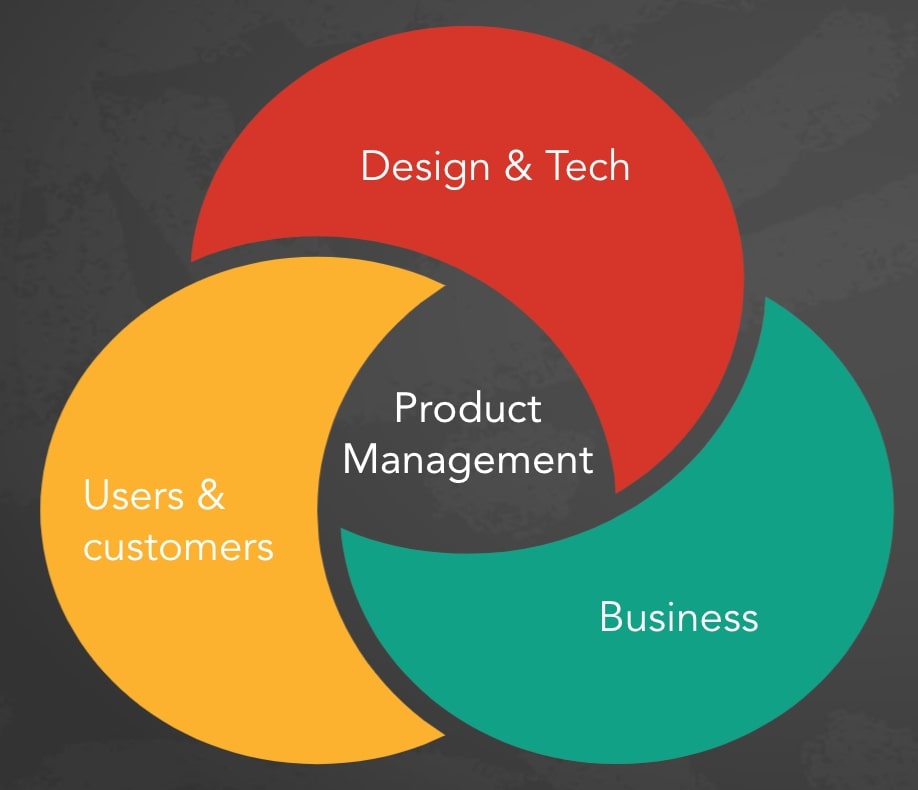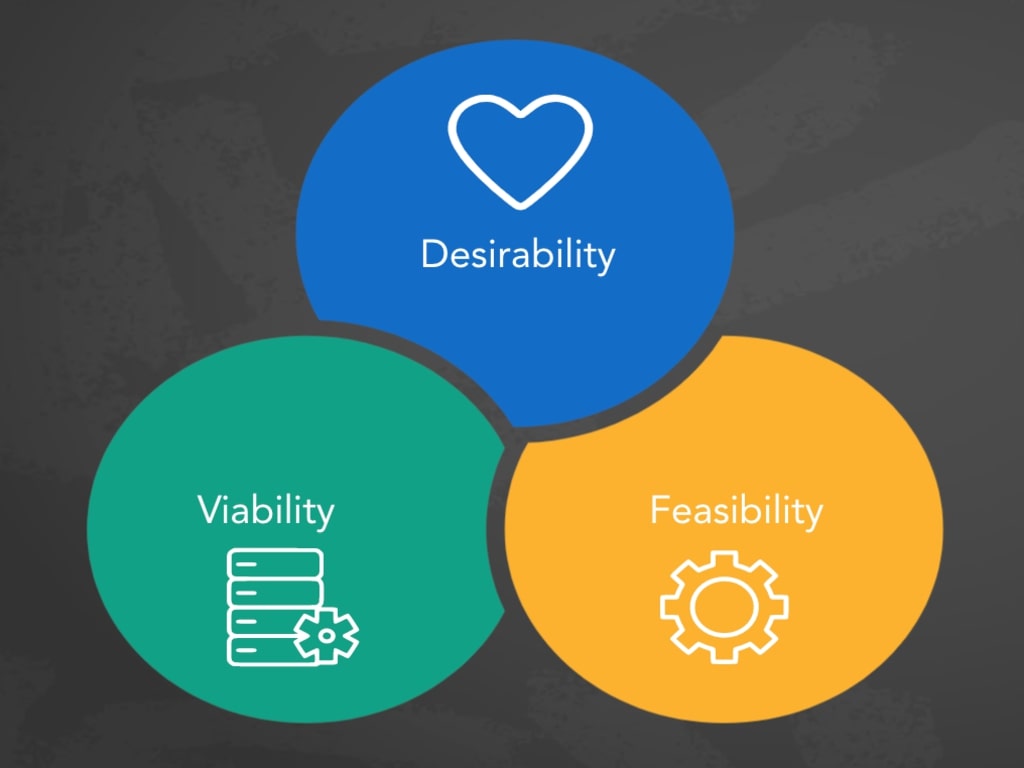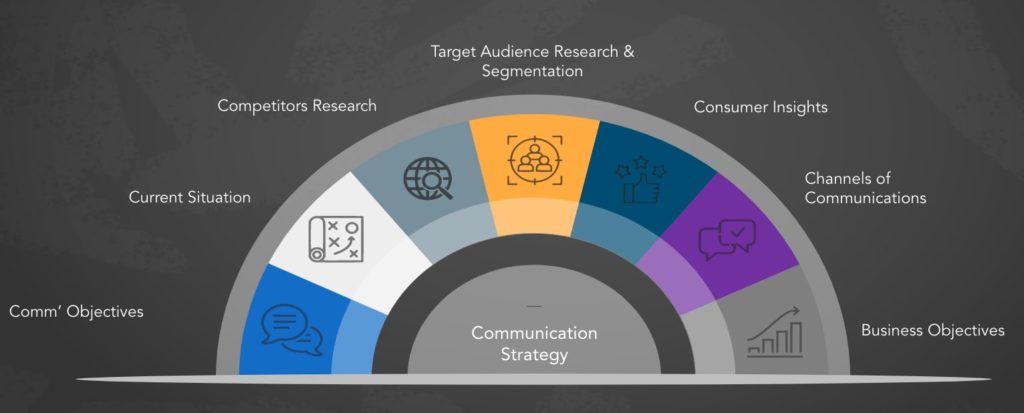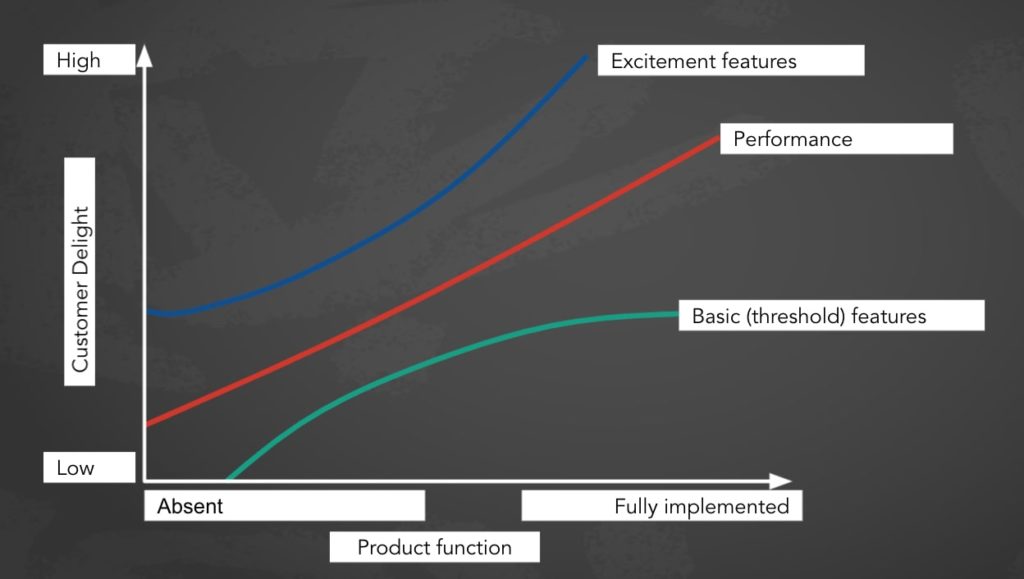It is no secret that Principal Product Manager interview questions are tricky. With many applicants vying for the same position, you must do everything in your power to distinguish yourself from the pack. Your resume alone is not going to land you the job.
Today’s most successful startups have a principal product at the helm. As companies grow and expand, finding a high-caliber product leader to fill this role is key to scaling the business and team.
Hiring managers and chief product officers understand the importance of this role. Yet, finding candidates with the correct skillset, experience, and cultural fit for the position is still challenging. If you prepare yourself for the interview, you stand a better chance at landing the job than other candidates.
We spoke to hiring managers, product VPs, and chief product officers to compile our list of top principal Product Manager interview questions.
Below are eleven questions and answers that arise during a principal product manager interview.
Let’s dive right in.
General Principal Product Manager Interview Questions
Q1: How do you define the role of a principal product manager?
Product management is an extensive discipline, and it means different things to different companies. The responsibilities vary depending on the company’s size, product portfolio, customer base, and other details. Catherine Fang, faculty at Carnegie Mellon University, explains the importance of understanding how business works in your niche as a product manager.
Interviewers asking this question want to assess your understanding of the nuances of product management within your industry. One of the most impressive ways to answer this question is by explaining how your conceptual and strategic decision-making choices have created value for customers in the past.

Most employers are looking for a principal product manager who analyzes a project’s business and interpersonal aspects. Interviewers also want to gain insight into your problem-solving process.
Q2: What is your Principal Product Manager superpower?
Consider what makes you an effective principal product manager based on your performance in the role and your values. Brainstorm potential strengths and draw from your personal experiences, passions, and interests outside of work. Examples include:
- Excellent communication
- Leadership
- Self-discipline
- Ambition
- Optimism
- Risk tolerance
Possessing a specific quality is not essential, but you must choose one trait that resonates with you and is relevant to your day-to-day ability to fulfill your responsibilities as a Product Manager. List attributes from your personal and professional life that have helped you succeed. Then, explain how you apply them to your potential new position.
Be sure to check out our PMHQ Product Manager Certification Programs to beef up on your skills in product management and establish yourself as a leading professional.

Q3: How do you define a successful product?
This question helps the interviewer figure out if you understand their products from the customer’s point of view. Well-designed products and services are intuitive and solve your target audience’s primary pain points.

A user-centric design considers a user’s behavior, attitudes, and emotions when using a particular product or service to make it more effective for them. A successful product works with users throughout the development process to ensure that what is being created is what they want instead of what companies think they want.
You stand out during the interview if you explain how you leverage user input to achieve positive outcomes. Expand on this by addressing some of your favorite customers’ or partners’ positive feedback or use cases. Also, emphasize how you learn from negative feedback and the steps you take in response.
Q4: How do you prevent a product failure?
Be prepared to explain how your qualifications and practical problem-solving skills benefit the entire firm. The key to preventing product failure involves a robust process that considers all aspects of the product development lifecycle and entails ongoing communication with internal and external stakeholders.
For this question, you want to explain your process for avoiding product failures in detail. Tell the interviewer how the product’s features must stand out. Then, test the product on a sample audience before launch, and if there is any negative feedback, identify the pain points and resolve them.
Next, market the product post-launch once it has an established reputation and price it for target customers. You must also mention that optimizing designs, implementation, and quality control is critical.
Communication Principal Product Manager Interview Questions
Now let’s turn our attention to our list of communication principal product manager interview questions.
Q1: What is your plan of action if two separate departments don’t agree on product specs?
Explain that scheduling a meeting with all relevant parties is crucial to communicating the issue and straightening it out. It’s critical to come to a consensus before moving forward. Otherwise, you risk missing requirements, wasting time, and losing resources.

If the parties struggle to come to an agreement, schedule a second meeting after researching industry best practices. Use that information to support your argument to pick one option or another.
Say that you aim to avoid future disagreements. By scheduling touch-base meetings with everyone involved, you keep everyone on the same page in the future. You must also use the meeting as an opportunity to brainstorm any issues that have caused miscommunication in the first place.
That way, you know how to approach different groups of stakeholders and avoid misunderstandings from occurring in the future.
Q2: Have you ever disagreed with a product designer? If so, how did you respond?
When a designer or other employee disagrees with your ideas or strategies, your first course of action is to listen to their input and understand their argument. Discuss how you ask designers why they took a particular approach before discussing the pros and cons of each route. Designers have strong feelings about their decisions, even if they have a different perspective.
As a principal product manager, you must welcome people who challenge you on critical topics. You encourage open and honest discussions as part of an open-minded team.
When you reach a decision, you ensure that everyone involved understands why the design changed. But you also know when to reject specific ideas and move on. These situations are excellent opportunities to create learning experiences for your entire team.
Q3: What do you do if a client makes a request that disrupts the product roadmap?
During the product design process, you must demonstrate your capacity to cope with the unexpected. The most significant abilities to highlight in your response are excellent communication and adaptability.
Explain that you assess the impact of the modification on the existing roadmap before scheduling a meeting with the customer. Then, add that you’re adaptable and are willing to meet clients’ changing needs.
You also convey the risks to the teams and departments involved as soon as possible to minimize problems. Although it’s essential to keep your commitments, some cases require more collaboration than others.
Leadership Principal Product Manager Interview Questions
Let’s discuss possible leadership principal product manager interview questions and the responses you must provide.
1. How do you prioritize tasks?
Prioritization in product management is the systematic process of assessing the relative significance of work, ideas, and requests to minimize wasteful practices and provide customer value as soon as feasible, given a range of restrictions.

This question tests how you communicate the primary issues that your organization is attempting to tackle and the sequence in which they must address them.
What’s more, the interviewer wants to know if your roadmap provides enough flexibility to allow for prioritization changes throughout the product development process. Explain how you allocate time and resources to achieve long and short-term goals by their deadlines, setting clear expectations along the way.
2. Tell us about when you failed and how you recovered.
The interviewer wants to know how mature and honest you are as a PM. If you are not transparent, you are not trustworthy, and the company won’t put an entire project in your hands.
A competent project manager analyzes any failures and learns lessons that apply to the next project. Every project manager has failed at some point, and the interviewer is aware of this. The ideal response focuses on the lessons you learned rather than the failure itself.
So, while answering this question, discuss the failure so they understand what happened, but spend most of your time sharing what you learned from it.
Technical Principal Product Manager Interview Questions
Q1: What elements do you include in market requirement documents?
Run through the components you analyze when determining whether a product solves a problem and has market demand. First, you need a product vision that explains what the product does and how the end-user benefits.
An analysis of the competitive landscape identifies related products on the market. The next step is to determine how the product differs from competing brands and why users prefer the new product.
Next, you require a business analysis that determines how viable a product is for the business. You need to know the revenue opportunities for this product. Given a specified market share and adoption rate, is there a realistic profitability forecast? To wrap up this question, you must also speak about the importance of presenting a list of features and functions of the product.
Q2: What makes you want to work for us?
Successful principal project managers have exceptional research and analysis abilities and willingness to put them to the test. This interview question reveals how much you know about the firm, the position, and the prospective field of work.
A well-prepared PM enters the interview with information about the company’s current challenges, goals, and more significant purpose. Perform your job by researching the organization. Find anything about the firm that relates to your interests for the employment opportunity, and then highlight these aspects.
For example, you want to apply for a company that makes educational products. You could say that you want to work for the firm because its fundamental mission is to improve people’s lives via education. Then, add that you have a strong commitment to assisting others in reaching their full potential.
Principal Product Manager Interview Preparation Tips
As you prepare for your Principal Product Manager interview questions, consider taking a few additional steps to stand out to employers:
- Research the company’s value mission
- Familiarize yourself with the firm’s products, services, and features
- Remember the name and title of your interviewer
- Bring personal case studies
- List your past mistakes, what you learned, and how you grew
- Research the company’s corporate and team structures
- Write down details about your favorite products
Be sure to internalize the brand’s values to reflect them in your interview answers. The more insights you have about the company you want to work for, the better prepared you are for the interview. No doubt, this also has a positive impact on the more confident you feel when the big day comes.
Principal Product Manager Interview Questions Final Thoughts
A principal product manager’s job description is versatile. Adopting this role means that you play a significant part in multiple areas of a business such as sales, business analysis, marketing, and customer service.
The best way to ace a principal product Manager interview is to develop solid personal answers to each of the most common questions. This step allows you to clarify your vision, skills, and qualifications.
No doubt, preparing responses in advance is a tough job. However, the benefits outweigh the sacrifices. Doing so takes you one step closer to taking on this vital role for the organization.